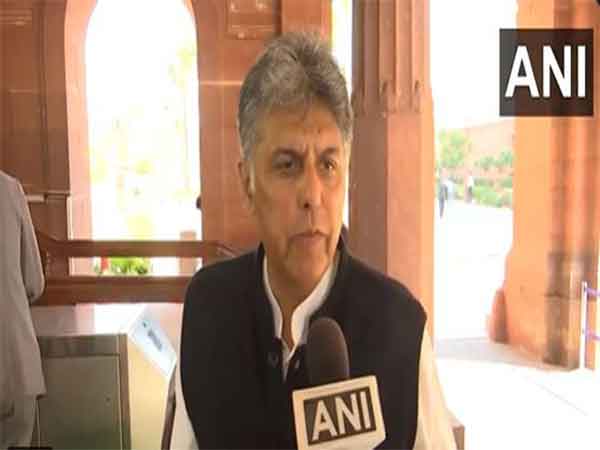
From the time the Donald Trump-Elon Musk governing partnership took shape, it’s had an expiration date attached to it. The relationship wasn’t built to last — the egos were too big, the principals too mercurial, the politics surrounding the world’s richest man’s efforts to reshape the federal government too radioactive. Now, POLITICO’s Rachel Bade reports , it’s coming to an end.
In the coming weeks, Musk will begin dialing back his role in Washington. Trump has told his inner circle and members of his Cabinet that both men have agreed he’ll be transitioning out of the administration and his polarizing role atop the DOGE initiative and stepping into a more supportive role. For Republicans, Musk’s departure can’t come soon enough.

On Tuesday, in the first big test of the national mood in the wake of Musk’s slashing tenure atop DOGE, persuasive evidence emerged that the tech mogul has become a political liability. It wasn’t just the outcome in Wisconsin, where Democrats won a contentious swing-state Supreme Court race that functioned as a referendum on Musk. It was the results in Florida, in one of the nation’s most rock-ribbed Republican House districts, that suggested Musk’s political blast radius could be a problem for the GOP going into the 2026 midterm elections.
There were two special House elections in Florida Tuesday, both in comfortably Republican districts where Democrats typically don’t have a prayer. It was clear going in that Democrats were poised to overperform in each of them — a result of grassroots rage toward Trump and the party’s frequent advantage in special and off-year elections. The Democratic nominees in both districts indeed ran better than expected — far better than in 2024 — but in the end, the GOP held both seats.
Yet the Republican victory in Florida’s Panhandle-based 1st District obscured a troubling harbinger that appears to be connected to Musk — a loss in Pensacola’s Escambia County. Closer to Dallas than to Miami, Escambia is the westernmost county in the state. Like much of the state’s Panhandle, its politics are more Deep South than South Florida.
It’s the least red of the four counties that make up the district, but that’s misleading given the region’s general conservative orientation: Escambia, which borders Alabama, hasn’t voted for a Democratic presidential nominee since 1960. It’s a place that voted for Barry Goldwater in 1964, George Wallace in 1968, delivered a nearly 20-point victory to Trump in 2024 and also voted for polarizing former GOP Rep. Matt Gaetz by big margins — even after the sex scandal allegations.
On Tuesday, however, Escambia County broke with habit and narrowly voted for Democrat Gay Valimont over Republican Jimmy Patronis. In 2024, when Valimont was also the Democratic nominee, she lost there by 14 points. In fact, across the four counties that make up the 1st District, Valimont lost by 32 points in 2024.
On Tuesday, that margin was cut in half — she lost by 15. While it’s too early to say for certain, Musk’s Department of Government Efficiency initiative appears to have played a material role in the changed circumstances. There are more federal workers in Florida’s 1st District than in any of state’s 27 other congressional districts .
Many of them are based in the Pensacola area — known as the Cradle of Naval Aviation — where the military imprint is impossible to miss. Navy installations include Pensacola Naval Air Station, Saufley Field and Corry Station. There’s also Whiting Field, about 30 miles northeast of Pensacola.
The military presence is so far-reaching that a financial service center for Navy Federal Credit Union — which is not a government entity but rather a credit union that serves military personnel, retirees and their families, Department of Defense civilian employees and government employees and contractors assigned to DOD installations — is the largest non-governmental employer in Escambia County . In nearby Okaloosa County, Eglin Air Force Base and Hurlburt Field are the largest employers. Neighboring Santa Rosa County has many bedroom communities that serve these installations.
The federal government imprint doesn’t stop there — park rangers have already been laid off at the region’s Gulf Islands National Seashore. What the 1st District special election results suggest is that voters imposed a Musk tax on the GOP. It wasn’t enough to flip a seat in a conservative House district in Florida, but it was big enough that it should be a concern in other regions with sprawling military complexes — such as Hampton Roads, Virginia, or the San Diego area — and in places with sizable concentrations of federal workers.
Not only is Musk himself underwater in terms of his popularity , polls show DOGE/government funding to be among the least popular items on Trump’s policy agenda . His departure from the scene will be welcome news to Republicans who will be on next year’s ballot. The question is whether it’s too late for those in competitive districts.
.











